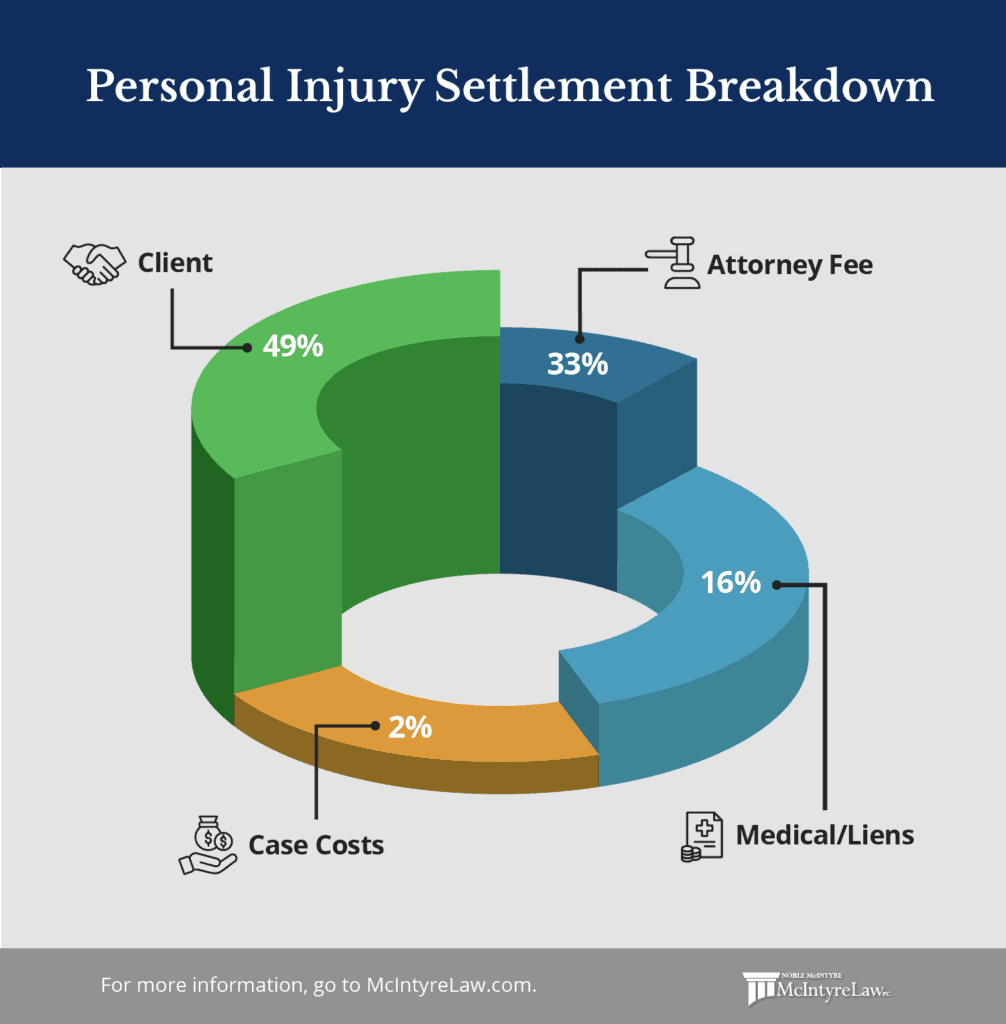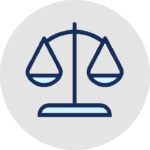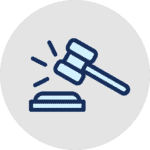How an Accident Settlement is Paid Out
At McIntyre Law, we’ve devoted our professional lives to helping the injured obtain the financial compensation they need following an accident. Whether a case is settled or an award is made at trial, the purpose of the award is to compensate an injured party for their pain and suffering, cover the cost of medical bills and ongoing care, and to minimize the consequences of the injury.
In cases that involve patterns of willful negligence, settlement may include punitive damages that are intended to make negligence costly for companies and influence their future behavior and practices. Ideally, the settlement an injured party receives should allow them to move on with life as if the accident or injury never happened, as much as possible.
Breaking down a personal injury settlement or judgment
Between the moment an injury occurs and the point at which a settlement or award is reached, many things can happen that determine where portions of the final financial settlement will go.
The person or business responsible for your injury likely has a large legal team working on their behalf. Proving your case requires hours of research and legal strategy from a legal team, hiring medical or subject matter experts, and paying filing fees to initiate the case. Additionally, you likely incurred medical bills and will have to repay any that were covered by your insurance company.

How legal contingency fees are calculated
If you’ve been injured and someone else is at fault, you shouldn’t have to spend your own money on the legal process. That’s why McIntyre Law takes cases on a contingency basis. We will represent you and agree to be paid when, and only if, we win your case. Our fee will be a mutually agreed upon percentage of the final award.
If your case is settled before trial, our fee will also be a predetermined percentage of the settlement, and you’ll have the final say in whether a settlement offer is accepted.

How medical bills are paid following a settlement
The legal process can take time, but your recovery should begin immediately. You should seek medical care as quickly as possible following your injuries in order to prevent long-term side effects. In the hours and days following an accident, your care will be covered by your health insurance, your car insurance, or the other party’s auto insurance.
Once a case gets resolved by a judgment or settlement, official responsibility for the accident is determined and the insurance company that covered your medical expenses has a legal right to be repaid. This includes Medicaid programs like Sooner Care in Oklahoma. Reimbursement must come from the award or settlement and the cost of these bills is considered when courts decide the monetary value of your case. You should also consider these amounts when considering any settlement offer.
Medical liens and personal injury cases
Because insurance companies are entitled to reimbursement, they have the authority to issue medical liens if they’re not paid from a settlement amount. That means they can pursue reimbursement through various methods of collection.

Litigation fees and expenses
Any successful lawsuit will come with expenses that must be paid from the eventual settlement amount. This includes the costs associated with filing the lawsuit, as well as various expenses incurred by your legal team’s investigation of the case. This can range from the cost of making photocopies of medical records and police reports to the creation of video animation that helps jurors understand what really happened.
A case may also require testimony or consultations with subject matter experts to help prove who was at fault and show the jury how you’ll be impacted by the accident in the future.

How long does it take to receive personal injury settlement of judgment funds?
Our goal is to make sure our clients have access to the compensation they deserve as quickly as possible, but the payment timeline is dictated by the particulars of your case and how it ended. In many cases, a defendant may launch an appeal that can delay your access to the awarded funds.
Pre-trial settlement timeline
Defendants or insurance companies sometimes make settlement offers before the case goes to trial. This is called a pretrial settlement and brings closure to the case and the plaintiff’s payment process begins.
The exact payment procedure can vary, but in most cases, the defendant or their insurance company is responsible for making the payment to the plaintiff.
The time it takes for the plaintiff to receive their payment after a pretrial settlement can vary, but in some cases funds can be available as soon as thirty days after the settlement is reached. This will vary depending on the terms outlined in the settlement agreement, which may include installment payments that the plaintiff receives over time, so plaintiffs should pay attention to exactly what a settlement offer says about payment timing.
Judgment award timeline
After a judgment is made in a civil lawsuit in favor of the plaintiff, the defendant is typically ordered by the court to pay the awarded amount to the plaintiff. The defendant is also given a specific timeframe within which they must make the payment. This timeframe can vary based on the court’s instructions and local regulations.
If the defendant plans to appeal the case following a judgment, the payment process may be different. In these situations, the defendant may be required to either post a bond or provide a form of financial security that ensures the payment will be made if the appeal is unsuccessful. The payment to the plaintiff will be delayed until the appeals process is resolved, which can significantly prolong the timeline for the plaintiff to receive their awarded amount.


